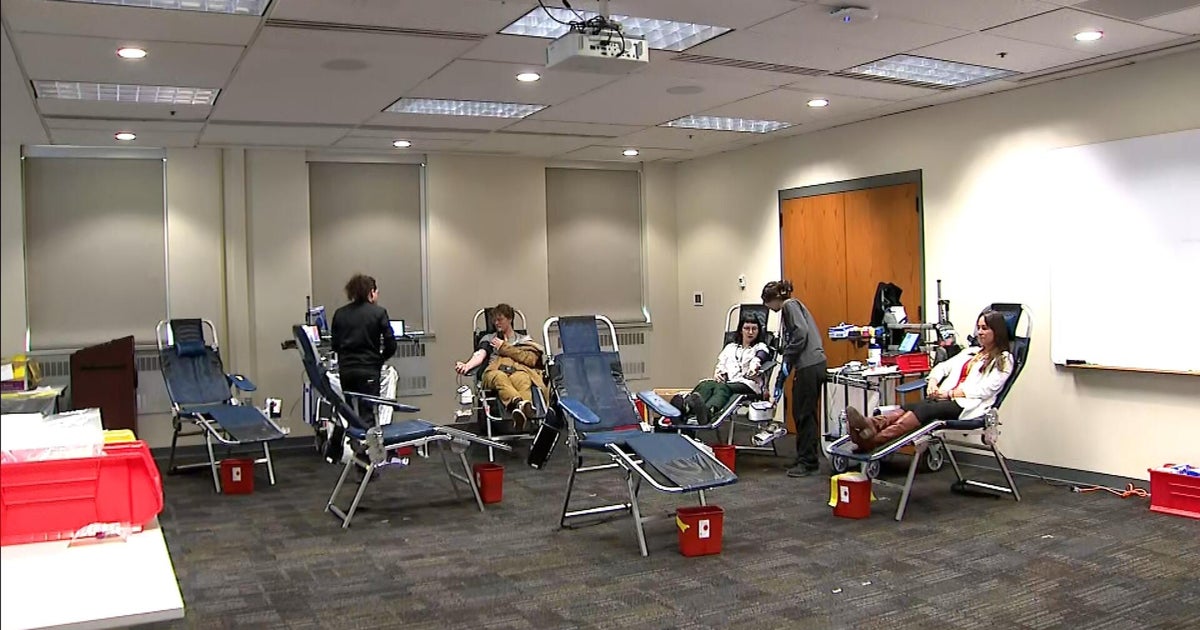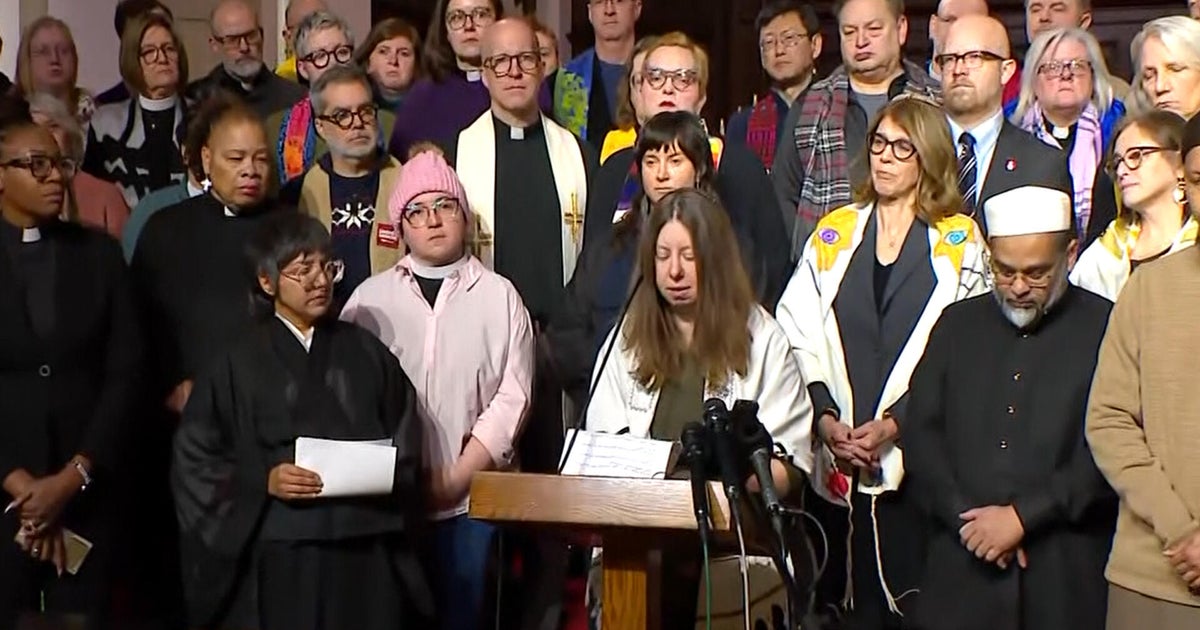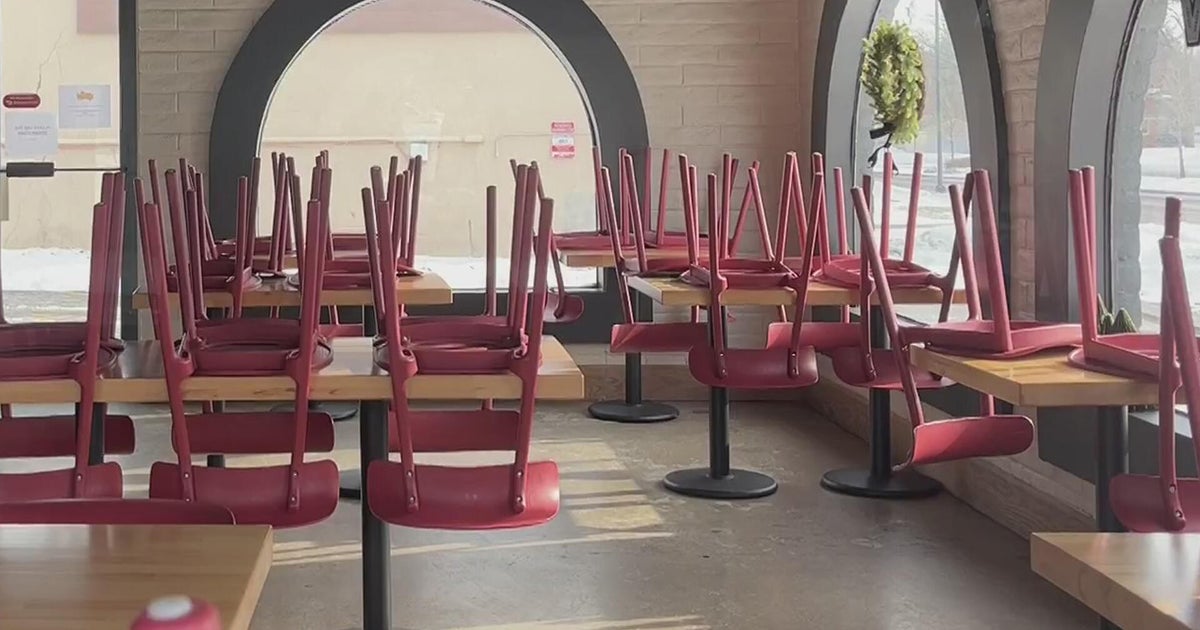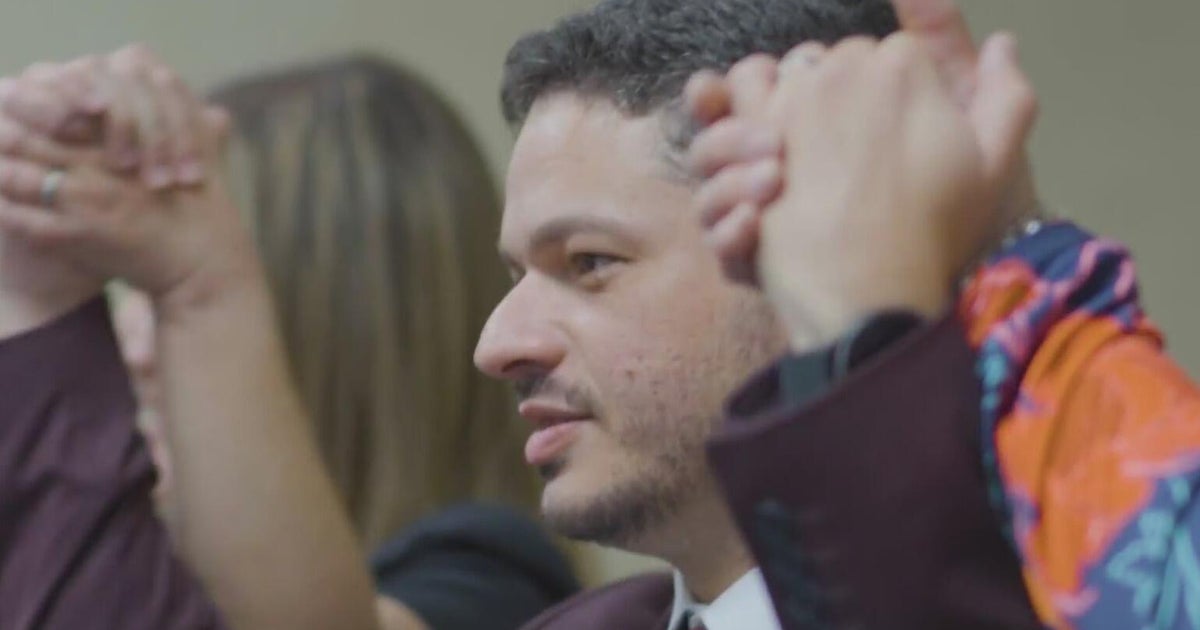U Doctor Examining How Laser Brain Surgery Affects Peoples' Lives
MINNEAPOLIS (WCCO) -- A doctor at the University of Minnesota is digging deeper into what happens to a patient after surgery for a brain tumor.
Dr. Clark Chen brought a break-through laser surgery to the university last year. Now the neurosurgeon wants to go beyond the patient surviving and find out how they're living.
Kristy Schafer is back to feeling more like herself with family. Until months ago, the mom had a benign tumor that caused seizures.
"Definitely worry, I mean, there was not a day that I didn't wake up and think about the worry about abnormal blood clusters being in my head," Schafer said.
Fatigue, trouble with balance and coordination, and anxiety about being alone were also symptoms. In June, Chen, who is the neurosurgery chair at the university, performed a MRI-guided laser ablation surgery.
"We can actually make a small incision the size of a tip of a pencil and we insert a laser probe into the abnormality and we use the laser to destroy the tumor," Chen said.
He is now studying the quality of a patient's life after the newer and less invasive brain surgery.
"As we see the patients live out longer, we as physicians have the responsibility to understand what that survival looks like, how are they doing are they enjoying their lives, are there side effects that they're dealing with that we could help as a medical community," Chen said.
Patients who enroll in his trial will answer questions related to physical well-being, social and family well-being, along with emotional and functional well-being. Chen says their answers can help future patients.
"There are probably things we haven't even considered we could do for our patients to make their lives better, but understanding what the needs are we can design specific interventions for those things," Chen said.
Schafer is not participating in the trial but says her life changed dramatically after surgery.
"Just knowing that it was gone, the cavernoma was gone was an amazing feeling. Even by the next day I felt like my speech was better, even though I just had surgery within a week I felt like I had more energy," Schafer said.
She's still faces challenges after surgery and is working daily to feel fully normal again, but she's grateful others may benefit from the study.
"I think it can bring hope to a lot of people," Schafer said.
Chen is still enrolling patients in the multi-institutional study. It could take another three to five years to complete.







